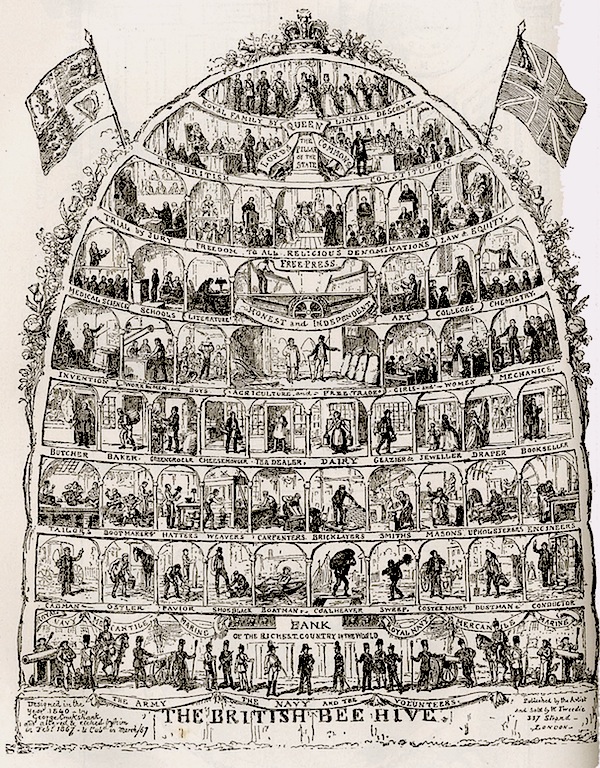For a number of years, Tilburg University has been publishing a list of the top economics departments around the globe - click here. Their ranking is based on the number of publications a department has in a select list of top journals. The great thing is that one can change the journal selection and see how this affects the rankings. Chris Colvin, wanting to see how good Queen's University Belfast is at economic history, ranked departments based on economic history journals. To his surprise (and mine), we do very well. We are in the premier league in terms of economic history, and we are not that far behind Harvard and other top universities. A few more key signings (apologies for the football metaphor) and we will be close to the top. Thankfully, we have been recruiting in this area of late so we are moving up the league! Click here to learn more about economic history at Queen's.
Michael Aldous and I had our book The CEO: The Rise and Fall of Britain's Captains of Industry published a few weeks ago. You can find out more about it and buy it at Cambridge University Press's website . It is also available at Amazon , Waterstones , and Barnes & Noble . The CEO has already been reviewed in The Sunday Times , The Observer and Financial Times .
